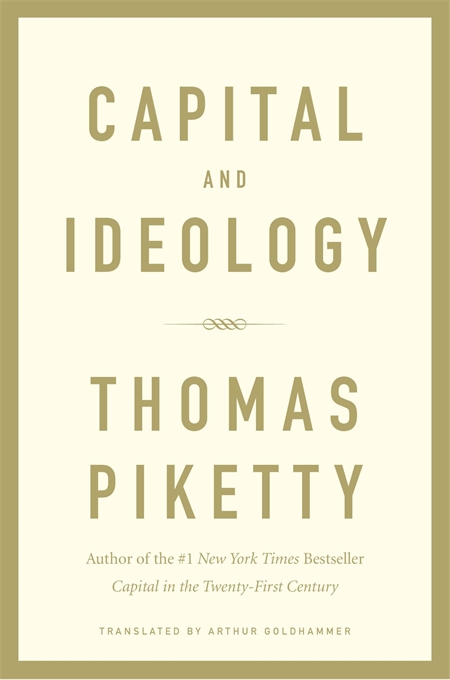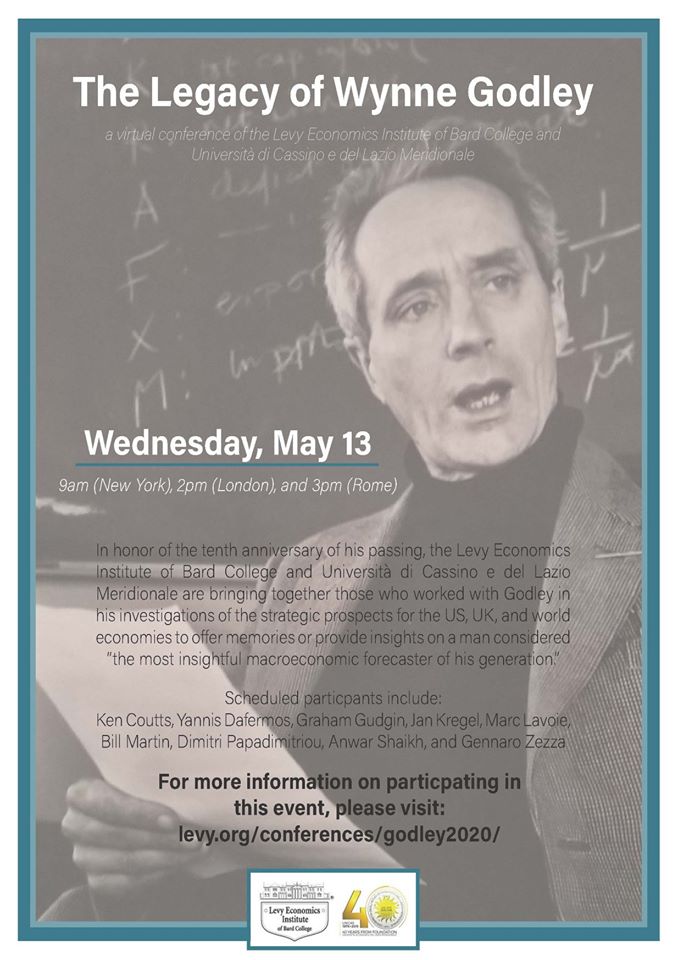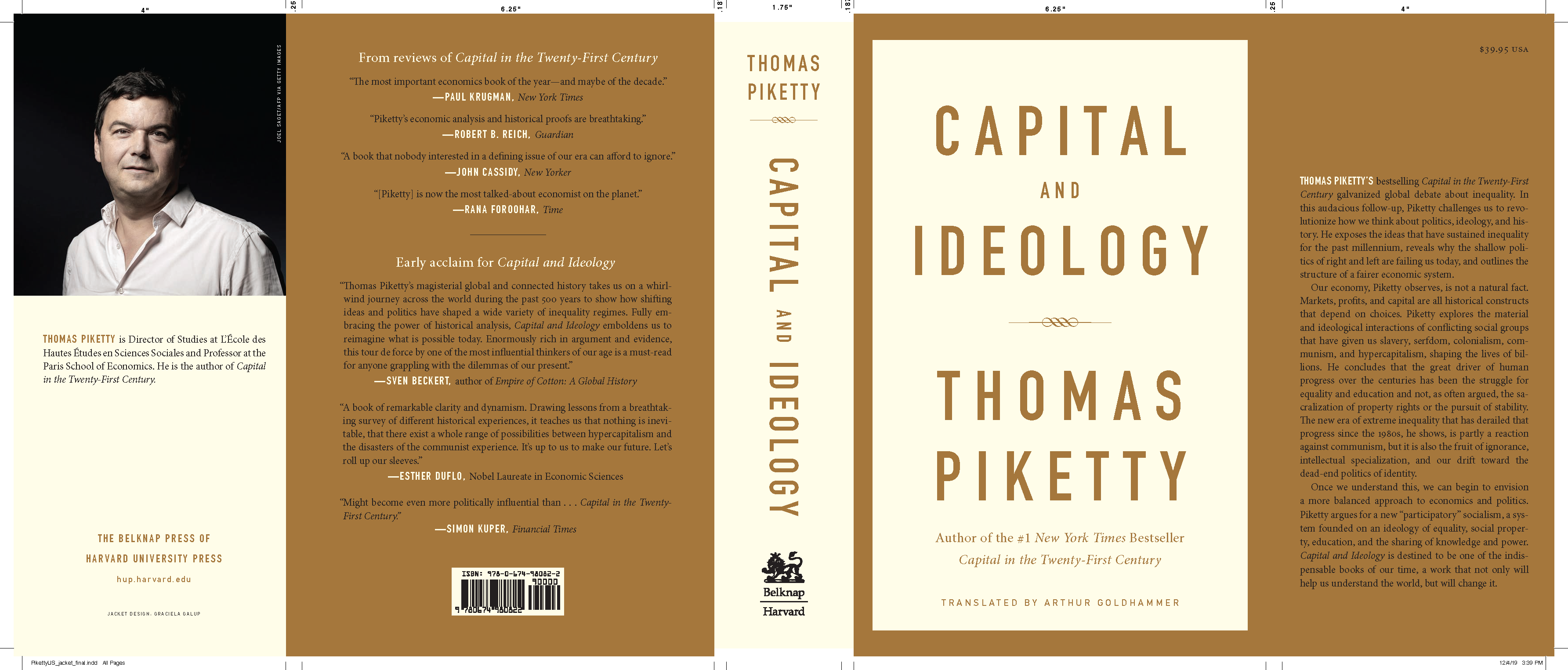Yesterday I had recommended Ingrid Harvold Kvangraven’s review of Thomas Piketty’s book Capital And Ideology, which raised important points about the book totally ignoring the need for a rebalancing of global finance and production.
However, there’s another perspective to look at a great point missed out in the review.
Quinn Slobodian has a Twitter thread, where he points out why Piketty’s book is important. He says:
[T]he central point of piketty’s book-in-the-book is devastating: left parties have gone from being the party of the poor and less educated to the party of the highly educated, losing ever more voters to the right.
and also on the EU Referendum/Brexit:
among the most striking passages are when he concedes the “no” votes on referenda and the “leave” vote on brexit were rare moments of clear classist voting pattern: “a complete divorce between the less advantaged and the European project”
Hence the need for an egalitarian internationalist movement.



